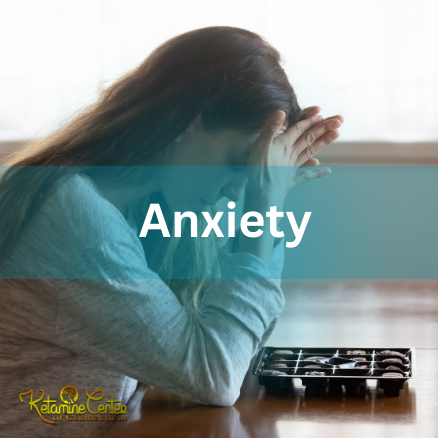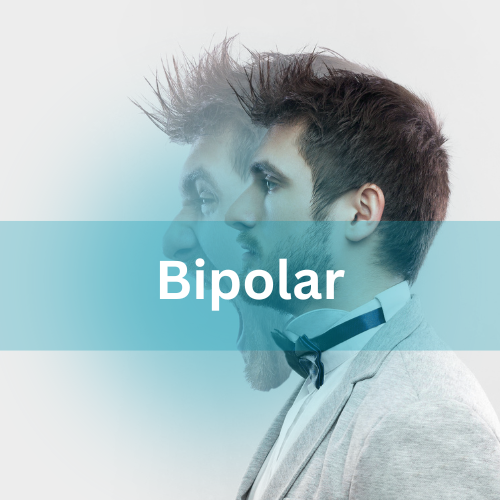
What is Anxiety
Nearly one-third of adolescents and adults have an anxiety disorder, yet only half of them improve with standard psychiatric treatment. Gino Ang, MD, and the team at the Ketamine Center of Connecticut specialize in ketamine infusions that safely and quickly relieve the symptoms caused by intense or treatment-resistant anxiety. To learn if you’re a good candidate for ketamine treatment, call our Milford office today to schedule an appointment.
What many patients experience as symptoms begin to lift
The mind feels calmer and quieter.
Sleep becomes more natural and restorative.
Sleep becomes more natural and restorative.
Less tightness in the chest and body.
Situations feel less overwhelming.
Easier to concentrate without intrusive worry.

Your struggles are real. So are the solutions we provide.
What can we help you with?
Overcome Depression
Most patients with depression count on medications like antidepressants to improve their mood, yet antidepressants fail to…
Conquer Anxiety
Nearly one-third of adolescents and adults have an anxiety disorder, yet only half of them improve with standard…
Heal from PTSD
Post-traumatic stress disorder (PTSD) has a devastating impact on people of all ages, including about 8% of adults and…
Break Free from OCD
Obsessive-compulsive disorder (OCD) causes unwanted but uncontrollable thoughts and behaviors that disrupt your…
Heal from Bipolar
Bipolar disorder often begins with an episode of major depression before you cycle to mania. In many patients, bipolar depression…
Overcome Suicidality
In 2017, Connecticut officials reported that suicide was the second leading cause of death for people between the ages of…
Learn more about what to expect on your journey.
Frequently Asked Questions






